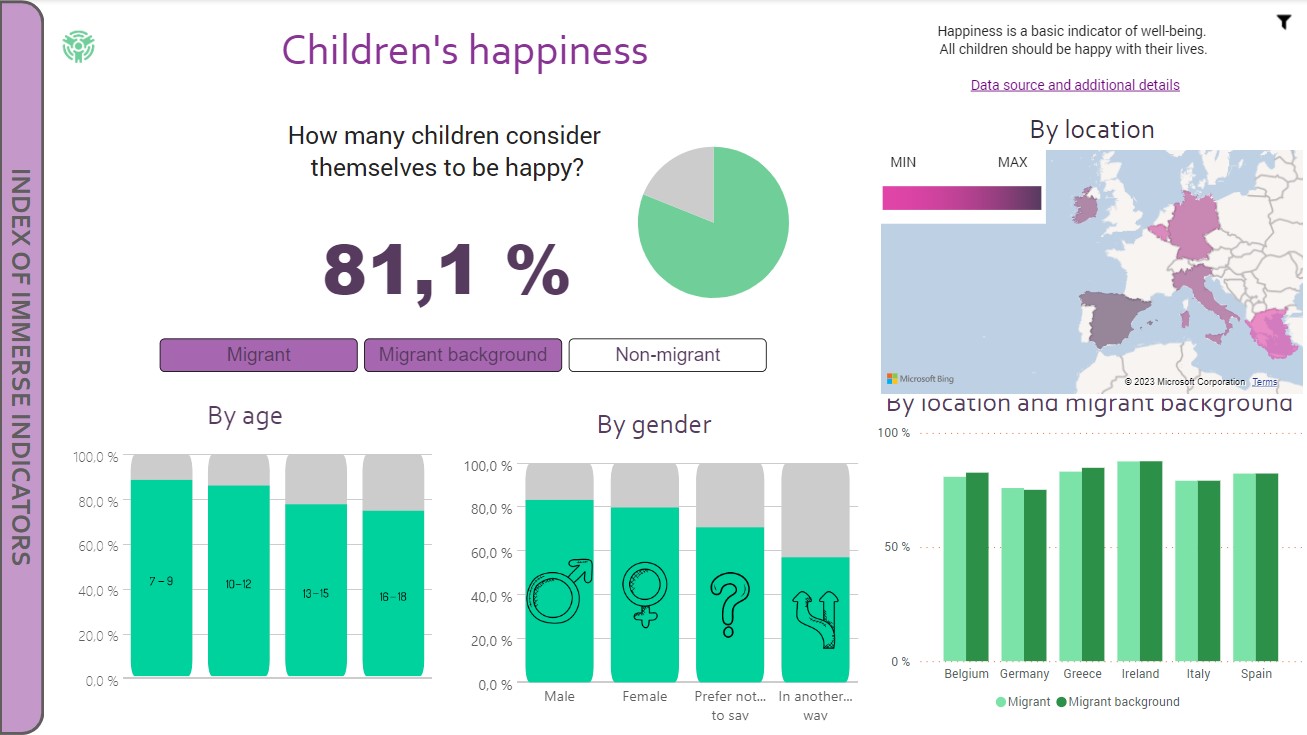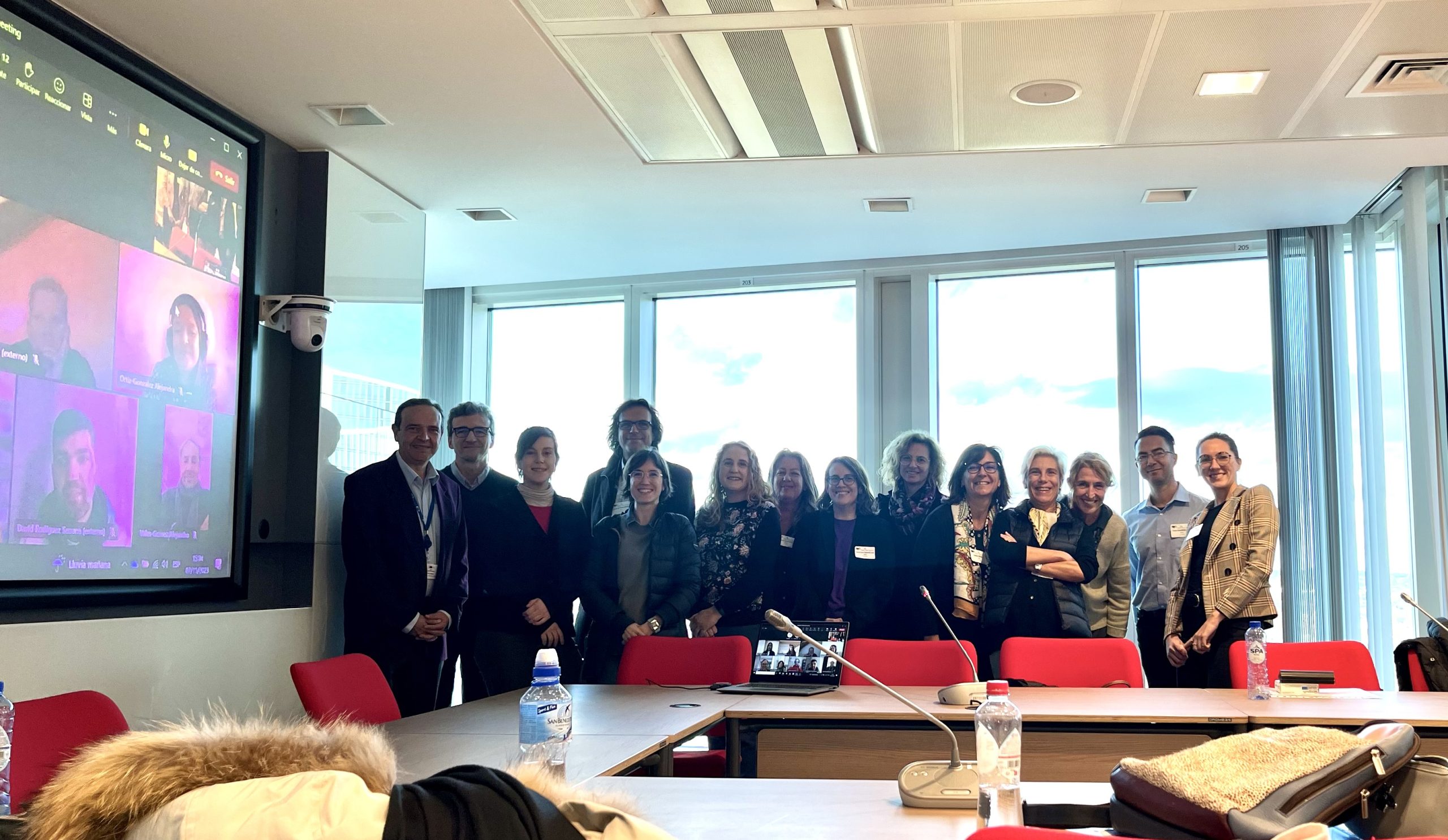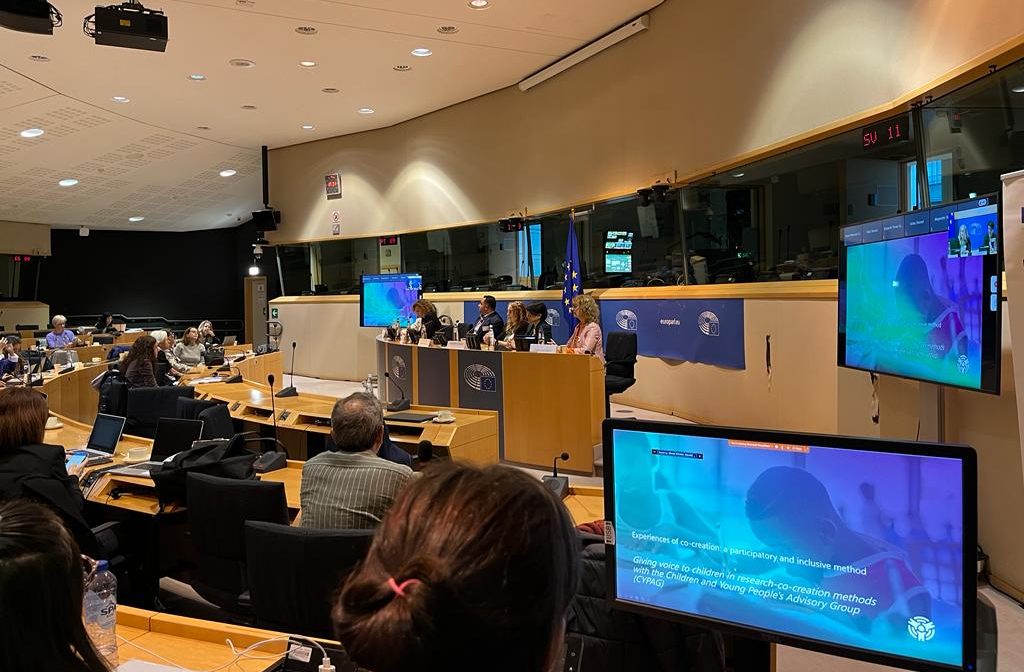Description
The discussion paper now presented lists many approaches to linking instruction in German, foreign languages and other subjects as well as instruction in the language of origin. At the same time, it formulates the perspective of a multilingualism that will be lived in schools and society as a matter of course in the future, in which an increasing number of children and young people will speak at least a second language in addition to German. This is a longer-term development process to be designed with academia, schools, non-school partners, and institutions responsible for teacher education and training. The position paper covers the following points: 1. Multilingualism as an educational goal in North Rhine-Westphalia 2. Multilingualism in the institution school 3. School development 5. Didactics of Multilingualism 6. Long-term strategy
- Children maintain their cultural identity while adopting new cultural values and intercultural competences
- Children's academic skills
- Children's competence in host language
- Children's life satisfaction / happiness
- Children's sense of belonging
- Institutions
- Teachers



